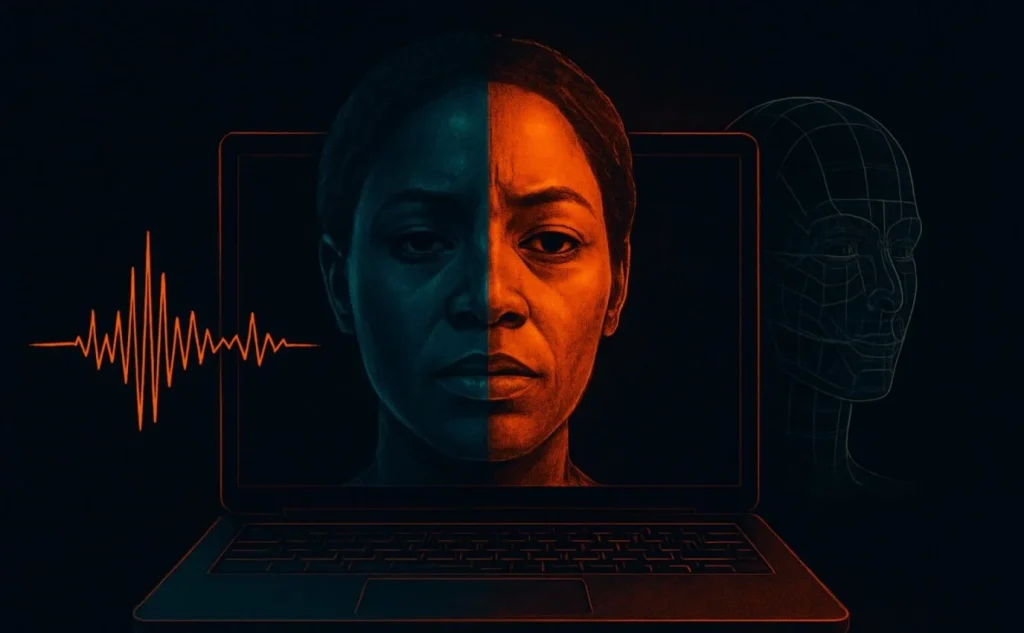
As artificial intelligence (AI) continues to reshape global industries and digital interactions, Nigeria faces significant vulnerabilities, particularly in the realm of AI-driven scams. Despite the country’s growing tech-savvy population and burgeoning digital economy, its institutional readiness, public awareness, and regulatory frameworks remain ill-equipped to combat emerging AI-related threats.
One of the key issues is the rapid proliferation of deepfake technologies, which allow scammers to create highly realistic fake videos and voice recordings. These tools can impersonate trusted individuals—such as government officials, company executives, or family members—making fraud attempts more convincing than ever. In Nigeria, where cybercrime has long been a concern, AI significantly raises the stakes. The potential for AI-enhanced scams—ranging from business email compromise (BEC) schemes to romance and investment fraud—poses a growing risk to individuals, businesses, and national security.
Nigeria’s response, however, has been largely reactive rather than proactive. The legal and regulatory frameworks governing AI use are either outdated or nonexistent. Law enforcement agencies, already stretched thin by traditional cybercrime, often lack the tools and training needed to identify and counter AI-driven fraud. Furthermore, the absence of data protection laws and robust digital literacy programs makes it easier for scammers to exploit unsuspecting victims.
Compounding the issue is the digital divide. While a portion of the Nigerian population is online and increasingly reliant on digital services, many citizens lack basic cybersecurity awareness. This gap is especially dangerous in a country where mobile banking and online transactions have surged in popularity. Scammers now use AI to mimic legitimate communication channels, making it difficult for users to distinguish real from fake.
To address these challenges, Nigeria must invest in building institutional capacity for AI oversight, update its cybersecurity policies, and collaborate with tech companies to develop detection tools. Public education is also crucial: digital literacy campaigns must help citizens recognize and avoid AI-powered scams. Additionally, fostering partnerships between local tech innovators and government agencies can create AI solutions tailored to Nigeria’s specific security landscape.
In the age of AI, Nigeria’s blind spot lies not in technological access but in the governance and ethical oversight required to protect its digital future. Without swift and strategic action, the country risks becoming increasingly vulnerable to a new era of sophisticated cybercrime.
Leave a Reply